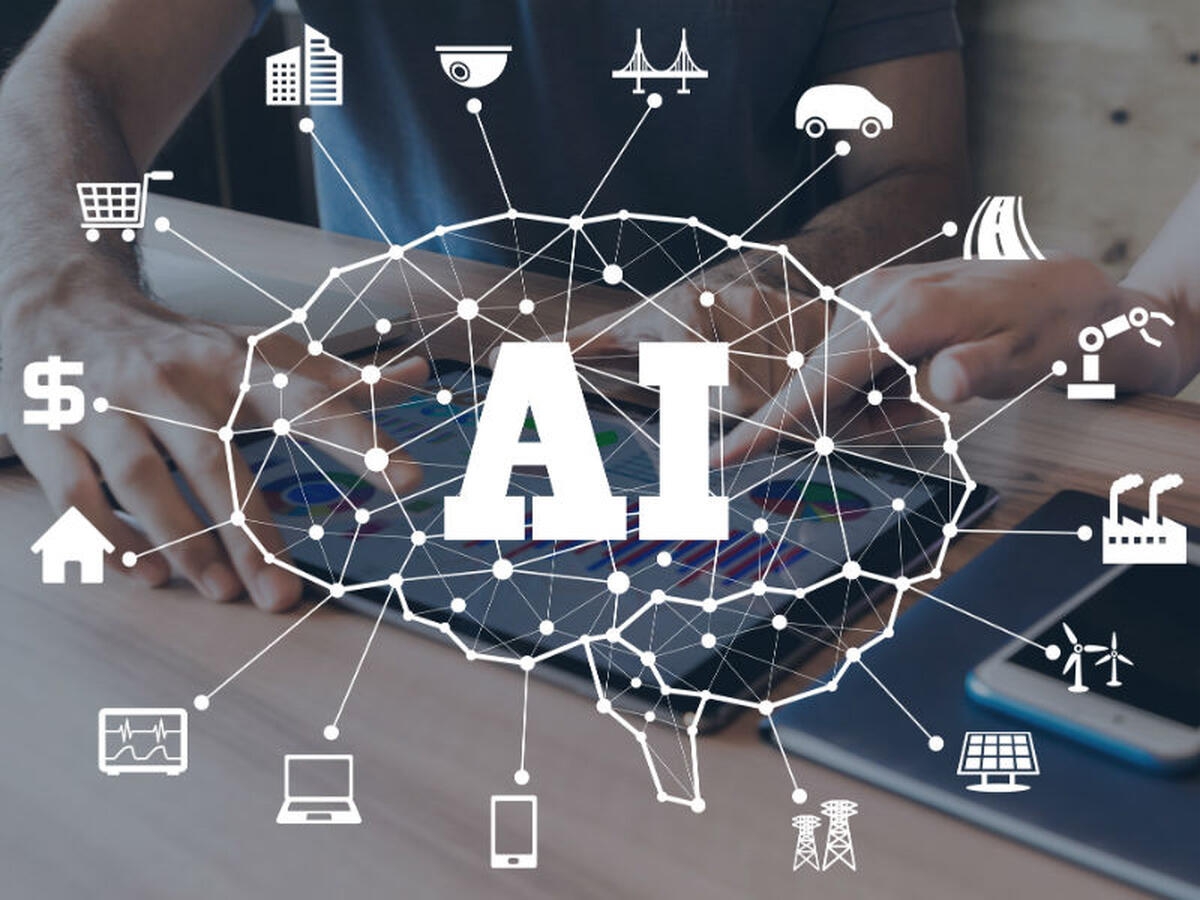
Artificial Intelligence is Transforming Digital Marketing
Artificial Intelligence is Transforming Digital Marketing
“You probably interact with artificial intelligence daily, and it's helping some”
A lot of people still tend to associate artificial intelligence with a focus on a vision of the future of science fiction, but that characterization is waning as artificial intelligence develops and becomes more commonplace in our daily life, the artificial intelligence technology to develop and become more and more prevalent in our day-to-day life. Today, artificial intelligence is a household name (and sometimes a well-known name, " Hey, Alex!).
As artificial intelligence technologies proliferate, they are becoming imperative for businesses that want to maintain a competitive edge.
AI is changing digital strategy via its ability to collect data, evaluate it, apply it, and then learn from it. As technology advances, so will firms' capacity to use it to boost digital marketing campaigns and give vital customer data. The future of digital marketing is being shaped by artificial intelligence.
According To “Merriam-Webster”, Artificial Intelligence is:
A branch of computer science dealing with the simulation of intelligent behavior in computers and the capability of a machine to imitate intelligent human behavior.
How AI is transforming digital marketing?
Artificial Intelligence Chatbots: With the advances in semantic recognition, artificial intelligence, artificial intelligence, language processing, and voice conversion technologies that have made AI in customer service, it is much easier to use and to provide a better user experience. In comparison with a manual, customer support, AI, chatbots have many advantages. First of all, the AI chatbots will allow the company to move beyond the traditional form of one-on-one customer support service. Instead, chatbots can provide one-to-many services, and the provision of support to multiple clients at the same time, and in different time zones. Second, AI, chatbots do not need to rest, so that they will be able to respond to any requests from the customers around the clock and in real-time. This means, not only that, but they are extremely effective, but they can also be supported during normal business hours, to the improvement of the quality of the customer services team.
When Artificial Intelligence(AI) combines with Augmented Reality(AR): Augmented reality and artificial intelligence are different technologies, but they can be used together to create a truly unique experience. In augmented reality, a 3-d representation of the world, it should be built in such a way that the digital objects can include, in addition to the physical ones. Visual data types are used in conjunction with an accelerometer and a gyroscope to get a map of the world and to keep track of the changes in it. Most of these tasks are still carried out using traditional computer vision techniques, which don't use machine learning. However, it is independent of AI models that have become very good at doing a lot of things that are necessary for an immersive AR experience. Deep neural networks can detect both vertical and horizontal planes, with an estimate of the depth of field and the release of an image for a realistic occlusion, as well as the drawing of conclusions about the 3D position of the object in real-time. Because of these abilities, the AI models will be replaced by a much more traditional computer vision approach for the AR experience.
Communication with the Specified Audience: You may effortlessly communicate with your specified audience via digital marketing. Customers expect you to communicate with them properly when they deal with your firm. How you handle those interactions will either make or kill your business. Communication with your audience also allows you to understand more about what they want. The information acquired will assist you in developing appropriate tactics, improving customer experience, and developing strong relationships, all of which will promote brand loyalty.
Customers are Encouraged to Act: Digital marketing allows you to motivate your audience to take activities that will benefit your brand or business. Your digital marketer should employ the appropriate methods to encourage visitors to convert to your website. Calls-to-Action is an example of an excellent conversion tactic. It persuades your visitors to take a specific action, such as signing up, downloading, or purchasing. The Call-to-Action button contains action keywords that attract the website user to perform the action that you want. To achieve the best results, its color, graphics, and placement on your website should be carefully prepared.
Increases Revenues: A successful digital marketing campaign will result in increased conversion and increased revenue. Small and medium-sized enterprises with effective marketing efforts have more opportunities to expand and reach larger customers.
Gains in Conversion: The amount of incoming traffic that is converted into sales or leads determines the profitability of your business. Your website traffic and digital marketing effort will be ineffective if there is insufficient conversion. As a result, conversion optimization is critical. Search Engine Optimization (SEO), Social Media Marketing, and Email Marketing are all methods/tools that can help your digital marketing initiatives. Conversions will be easy to come by if your website is SEO optimized and appears on the first page of search results.
Mr. Aashish Dhiman
Research Associate
Ph.D. (Management)
MBA (HR & IT)
